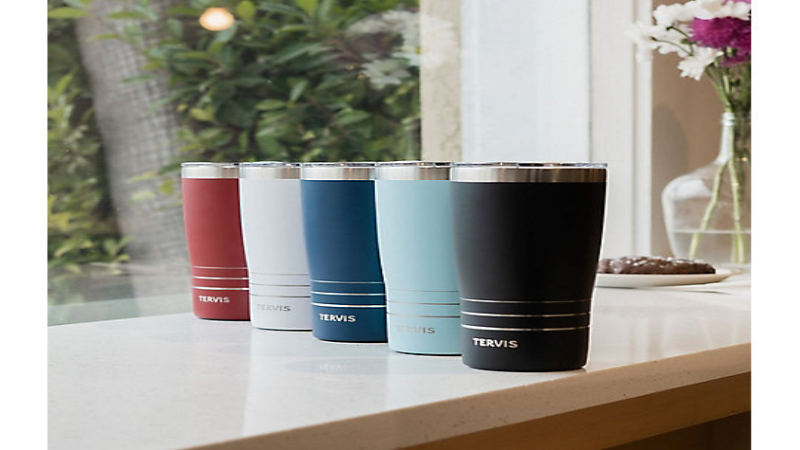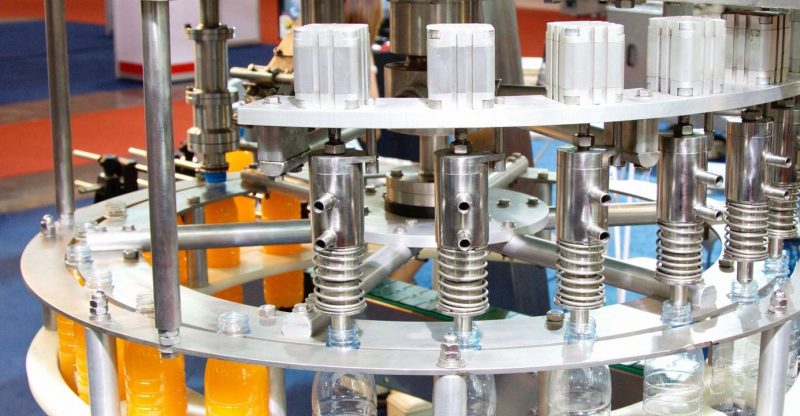In the vast arena of industrial applications, ensuring the accuracy and reliability of instruments is paramount. Among the tools at the disposal of quality and maintenance teams, calibration kits stand out as essential for achieving precise measurements. These kits are not only fundamental in maintaining standards but also ensure compliance with regulatory requirements, thus safeguarding both process quality and safety.
Essential Components and Functions
Calibration kits typically comprise a variety of tools designed to facilitate the calibration process for different types of sensors and instruments. These include:
- Standardized Gases: Used primarily for calibrating gas detectors and analyzers.
- Pressure Gauges and Meters: Necessary for calibrating instruments that measure fluid dynamics.
- Temperature Simulators: Critical for verifying and calibrating thermometers and thermal sensors.
Each component within the kit is tailored to simulate accurate conditions that instruments might encounter in an operational environment, thus ensuring they respond correctly when in actual use.
Advantages of Regular Calibration
Accuracy and Reliability: Regular use of calibration tools ensures that equipment operates within specified tolerances, delivering reliable results that are crucial for maintaining operational excellence.
Compliance and Safety: Many industries are governed by strict regulatory standards which mandate periodic calibration of equipment. Calibration tools help in adhering to these regulations, thereby avoiding legal issues and enhancing workplace safety.
Cost Efficiency: By enabling regular maintenance, calibration tools prevent the costly downtime and repairs that come with equipment failures. This proactive approach translates to significant savings over time.
Enhanced Lifespan of Equipment: Regular calibration helps in identifying potential issues before they turn into major faults, thereby prolonging the lifespan of the equipment.
Calibration in Action
In industries ranging from pharmaceuticals to petrochemicals, calibration tools play a crucial role. For instance, in the pharmaceutical industry, ensuring that environmental conditions are consistently maintained within strict limits is essential. Calibration tools help in verifying that sensors measuring temperature and humidity are accurate, thus ensuring that the manufacturing environment is optimal for drug production.
Similarly, in the oil and gas industry, calibration gases kits are used to ensure that gas detection systems are sensitive and accurate enough to detect leakages, which could be potentially hazardous.
The strategic use of calibration tools in industrial settings cannot be overstated. They provide a robust solution for maintaining equipment accuracy, ensuring regulatory compliance, and enhancing operational safety. By investing in quality calibration tools, industries can achieve a higher standard of reliability and efficiency in their operations, which ultimately contributes to overall business success. In essence, these tools are not just instruments but pivotal elements that uphold the integrity and safety of industrial processes.

